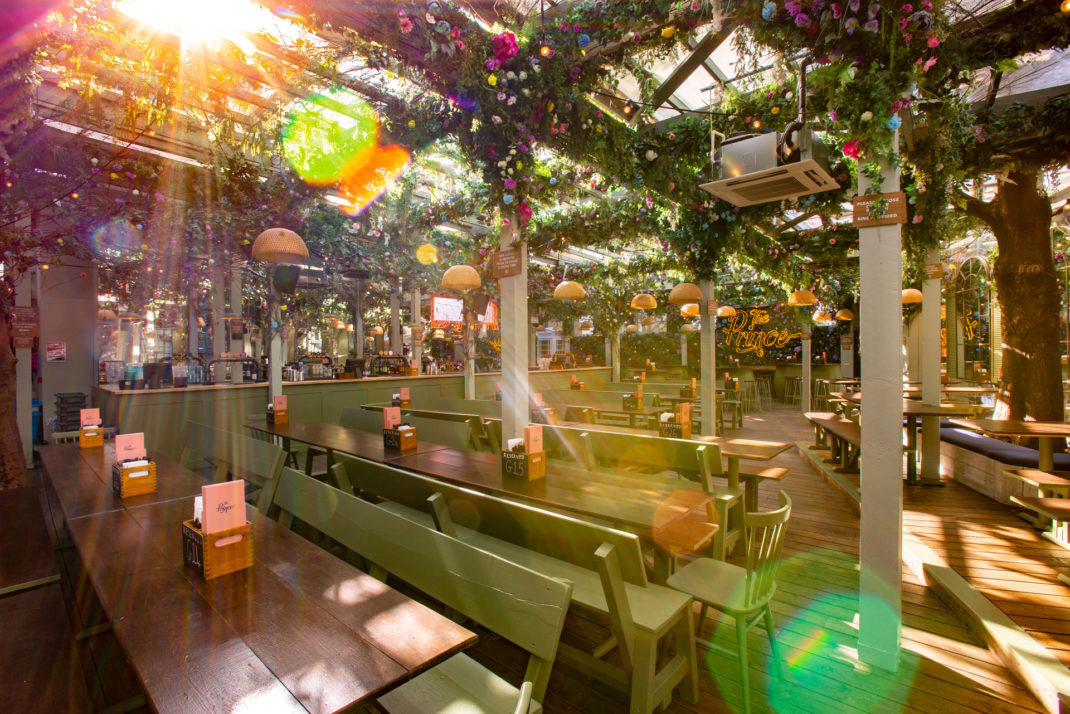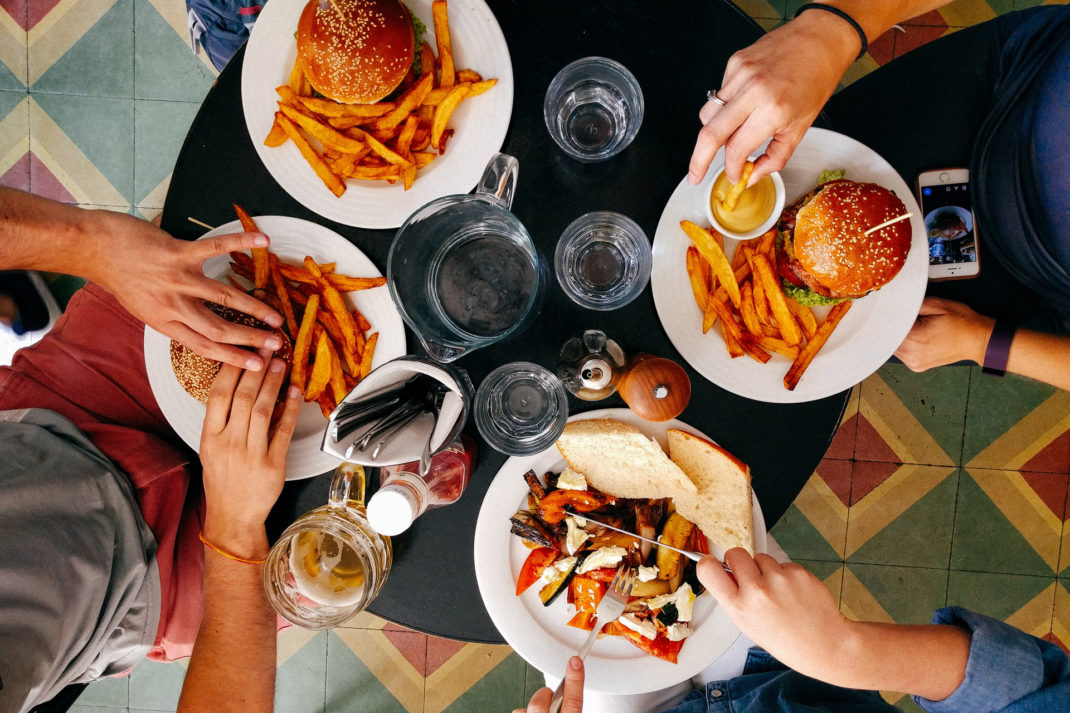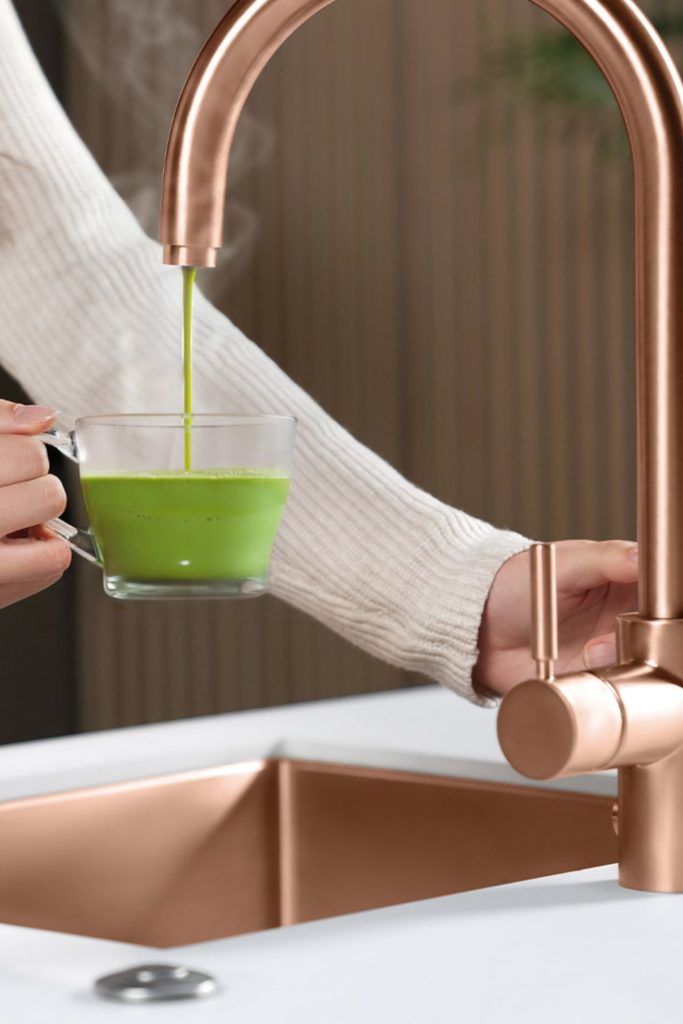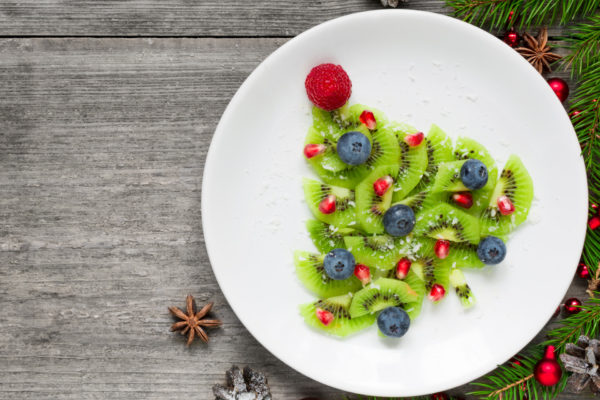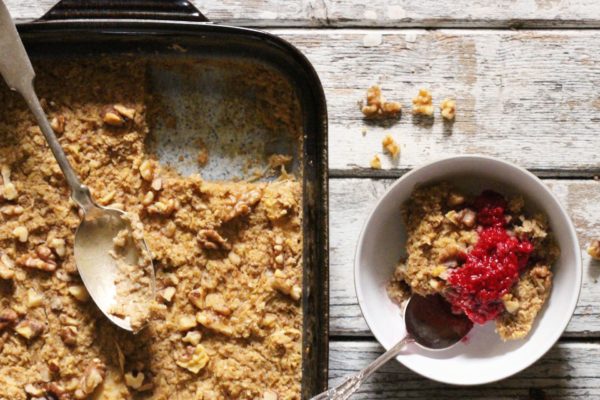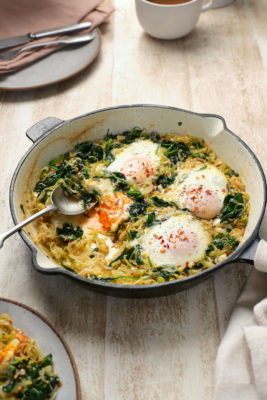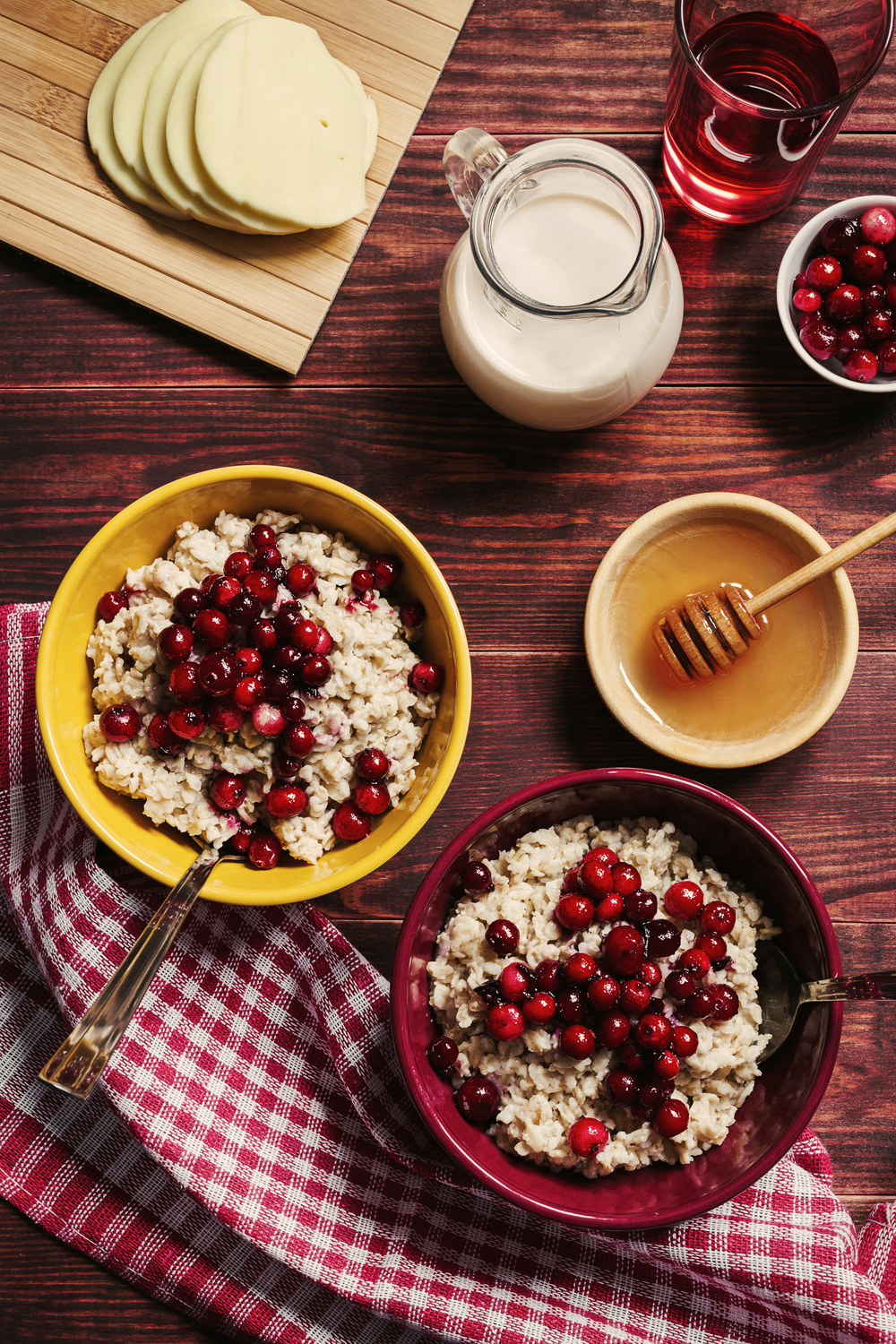
Are Porridge Oats Junk Food?
By
4 months ago
The new advertising rules, explained
A bowl of porridge is widely viewed as a nutritious breakfast – but in new advertising regulations, certain types of oats will be classed as junk food. That’s because the UK government is introducing new legislation banning ads for a list of products which are being deemed ‘less healthy’, in a bid to reduce childhood obesity. Some foods on the list are unsurprising, such as sugary drinks and pastries, but why is the humble oat being penalised?
What Are The New Junk Food Advertising Regulations?
Set to come into force in October 2025, the new regulations will ban both paid online adverts and TV adverts shown before 9pm for a specific list of products, which are being labelled as junk food. This includes granola, crumpets, cereal bars, sweetened yoghurts, scones, pancakes and ready meals, with products classified according to a scoring system based on their sugar, fat and protein content.
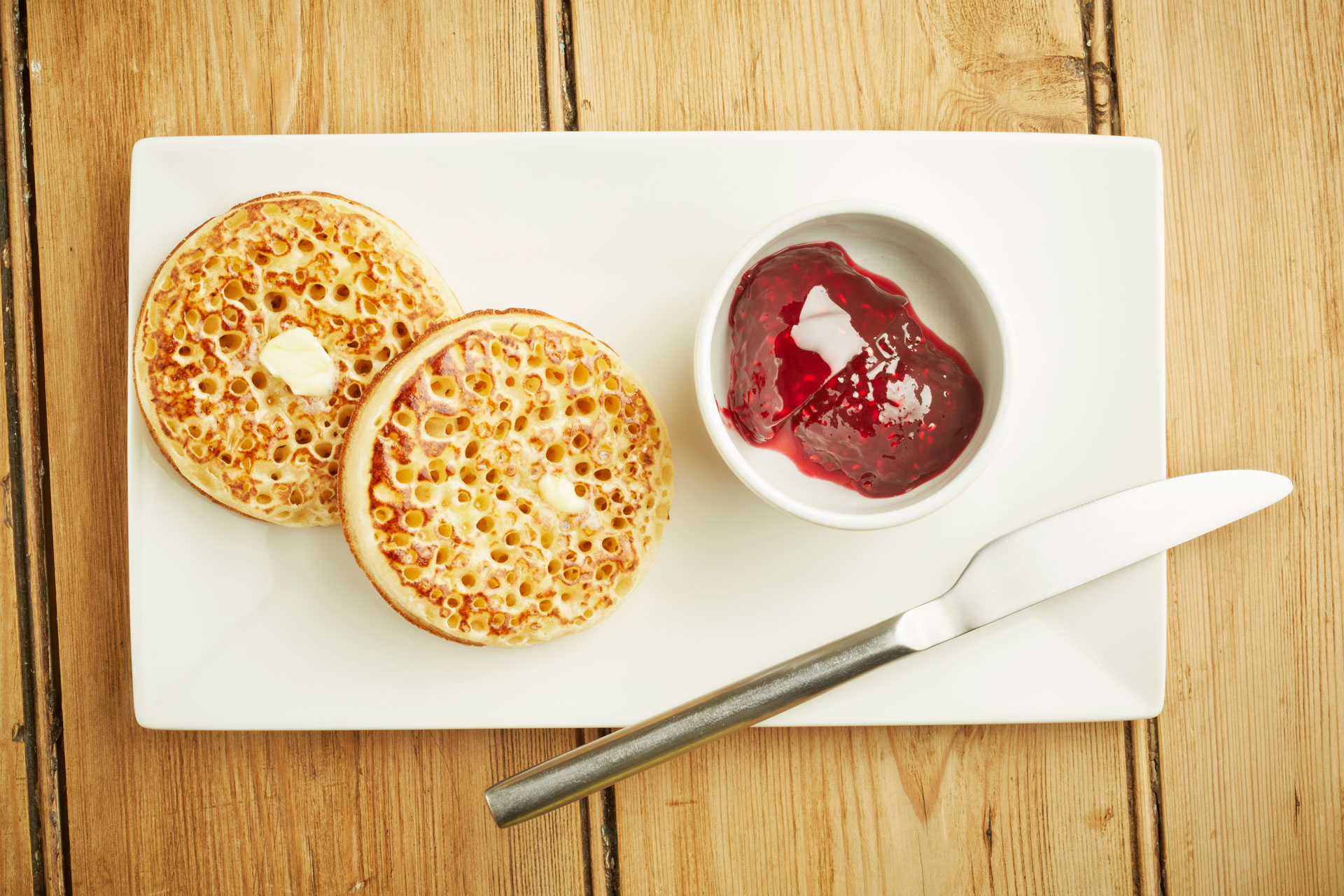
Getty Images
The new legislation follows NHS data suggesting almost one in 10 reception-aged children now have obesity, with experts warning of an ‘escalating public health crisis’. Treating obesity-related illness is costing the NHS £6.5bn a year across all age groups in England.
Health Secretary Wes Streeting said: ‘Obesity robs our kids of the best possible start in life, sets them up for a lifetime of health problems, and costs the NHS billions. This Government is taking action now to end the targeting of junk food ads at kids, across both TV and online. This is the first step to deliver a major shift in the focus of healthcare from sickness to prevention, and towards meeting our Government’s ambition to give every child a healthy, happy start to life.’
Although the rules have proved controversial, chefs including Wahaca founder Thomasina Miers have praised them. ‘The government is taking very concerted, bold, and very brave action against big food [companies] who have a complete control of our food environment,’ she said. ‘We’ve got the worst diet in Europe and we know it’s causing us absolute pain, discomfort, long-term sickness, early death, preventable death. It’s bringing the NHS to its knees.’
Why Are Porridge Oats Classed As Junk Food?
Porridge oats are also on the list – but not all types will be subject to the ban. While instant porridge and other hot oat-based cereals are set to be labelled as junk food, porridge products with no added sugar, salt or fat won’t be.
Oats in their pure form have long been lauded for their health benefits: they’re rich in fibre, packed with important vitamins and minerals, and help manage cholesterol levels. However, instant porridge packs are often loaded with added sugar, and sweetened with ingredients such as golden syrup.
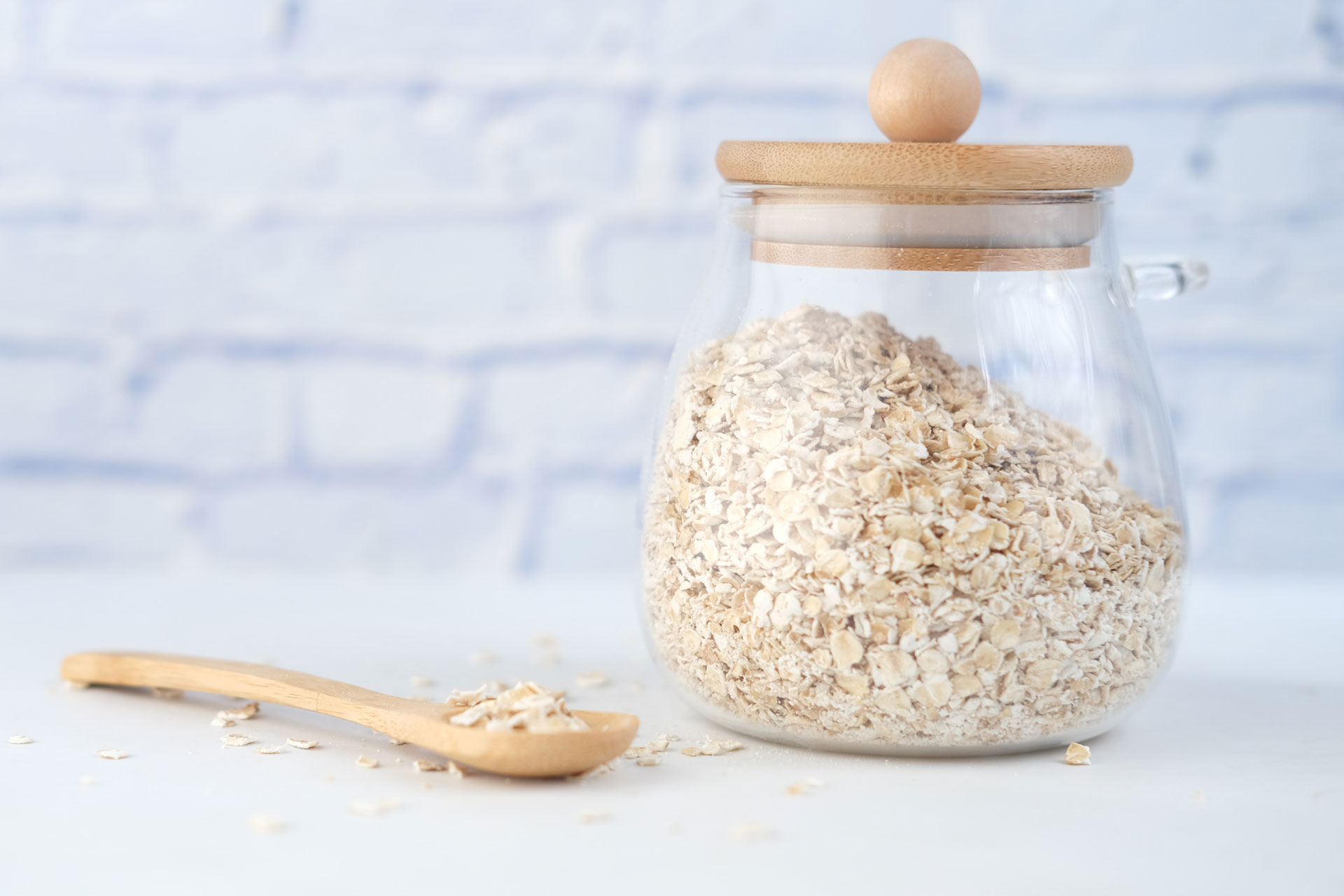
Unsplash
The new rules don’t mean we should be cutting oats out of our diets, therefore, but opting for the unprocessed version. The NHS website reads: ‘Cereal products are made from grains. Wholegrain cereals can contribute to our daily intake of iron, fibre, B vitamins and protein. Higher-fibre options can also provide a slow release of energy. Wheat, oats, barley, rye and rice are commonly available cereals that can be eaten as wholegrains. This means cereal products consisting of oats or oatmeal, such as porridge, and wholewheat products are healthy breakfast options.’
It continues: ‘Many cereal products in the UK are refined, with low wholegrain content. They can also be high in added salt and sugar. When you’re shopping for cereals, check the food labels to compare different products.’
So how does a nutrition expert suggest we enjoy our oats in the morning? ‘I would recommend consuming protein and a moderate serving of healthy fats alongside oats to slow the release of sugars into the bloodstream,’ says nutritionist Kim Pearson. ‘Adding protein, in the form of a high quality protein powder, to your oats will help to fill you up and keep you satisfied until lunch.’

